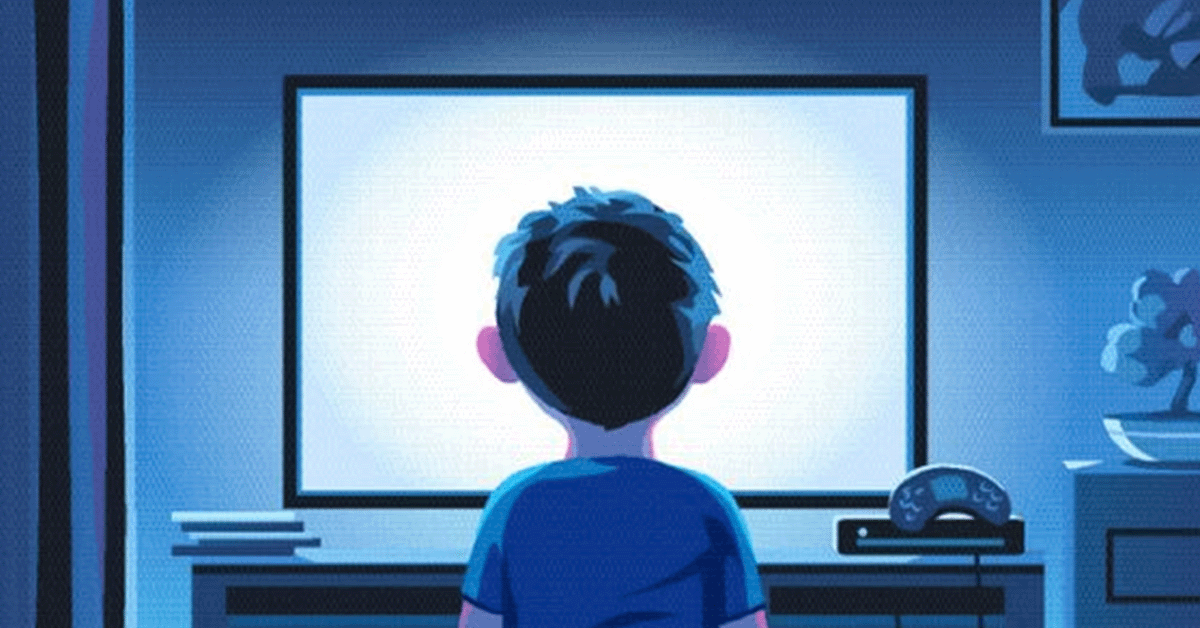
Cocomelon, a popular YouTube channel known for its nursery rhymes and animated videos, attracts millions of young viewers. While it offers engaging content for children, there are concerns about its impact on child development and psychology. Here are some potential problems associated with excessive viewing of Cocomelon:
1. Overstimulation
Cocomelon videos are fast-paced, colorful, and often accompanied by catchy music. This combination can lead to overstimulation in young children, making it difficult for them to focus on slower, less stimulating activities. Over time, children may develop a preference for high-stimulation content, which can impact their ability to engage in quieter, more reflective activities like reading or imaginative play.
2. Attention Span
The rapid scene changes and constant visual and auditory stimulation in Cocomelon videos may contribute to shorter attention spans. Children might become accustomed to the fast pace and find it challenging to concentrate on activities that require sustained attention and effort, such as schoolwork or problem-solving tasks.
3. Language Development
While Cocomelon includes songs and rhymes that can support language learning, passive viewing might not be as beneficial as interactive activities like reading with a caregiver. Children learn language skills more effectively through direct interaction and conversation. Relying too much on videos for language exposure can limit opportunities for active engagement and verbal practice.
4. Social Interaction
Excessive screen time, including watching Cocomelon, can reduce the amount of time children spend interacting with peers and family members. Social interactions are crucial for developing communication skills, empathy, and emotional regulation. Children need face-to-face interactions to learn social cues and build meaningful relationships.
5. Physical Activity
Spending too much time watching Cocomelon can lead to a sedentary lifestyle. Physical activity is essential for healthy growth and development. It helps develop motor skills, coordination, and overall physical health. Excessive screen time can displace opportunities for active play and exercise.
6. Sleep Disruption
Screen time, especially before bedtime, can interfere with sleep patterns. The blue light emitted by screens can disrupt the production of melatonin, a hormone that regulates sleep. Watching stimulating content like Cocomelon close to bedtime can make it harder for children to wind down and fall asleep.
7. Dependency and Behavioral Issues
Some parents use Cocomelon as a tool to calm or occupy their children, which can create a dependency on screens for managing emotions and behavior. Children may become reliant on screen time for comfort, leading to difficulties in self-regulation and increased behavioral issues when screens are not available.
8. Content Appropriateness
While Cocomelon is generally considered age-appropriate, the repetitive nature of its content can limit exposure to a diverse range of experiences and learning opportunities. It’s important for children to engage with a variety of activities and educational materials that promote different aspects of development.
Conclusion
While Cocomelon can be a fun and educational resource in moderation, it’s essential for parents to monitor and limit screen time to ensure it doesn’t negatively impact their child’s development. Encouraging a balanced range of activities, including physical play, social interaction, and interactive learning, can help support healthy growth and development in young children.


